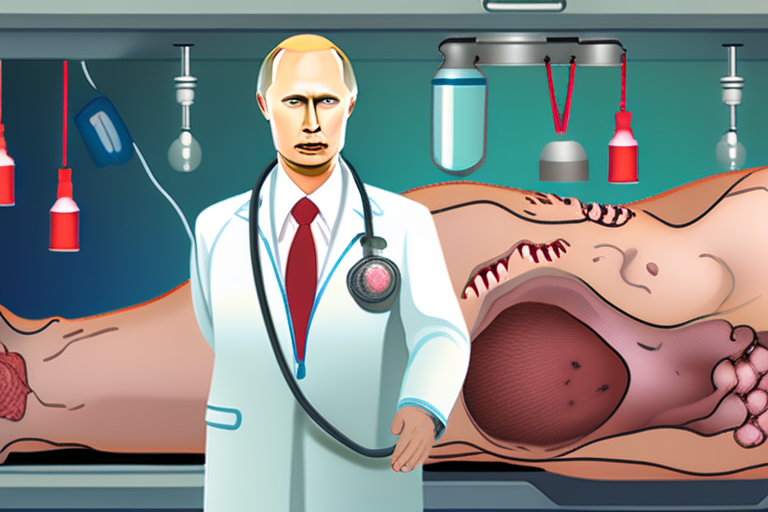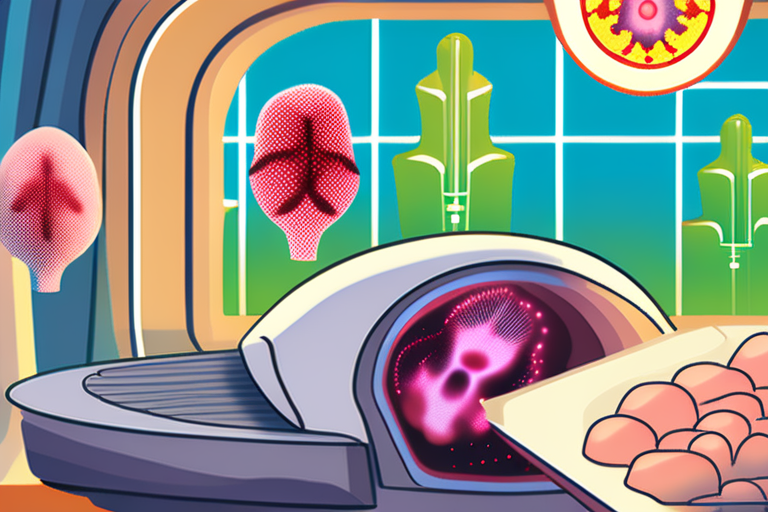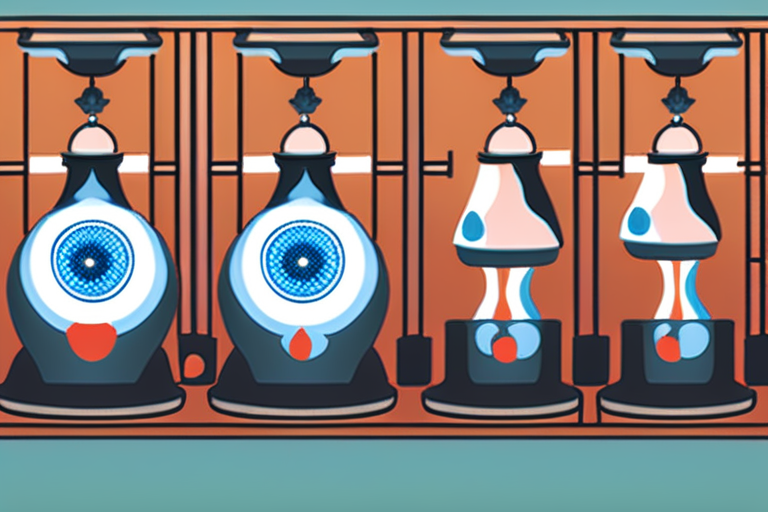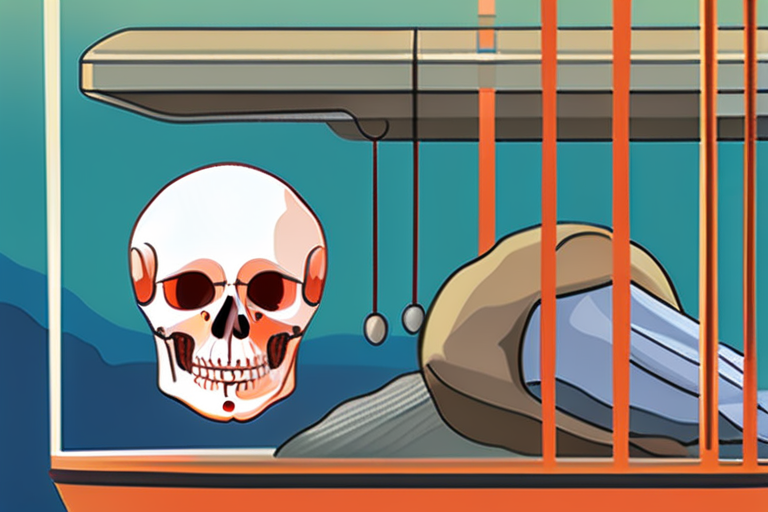Putin's Immortality Claim: Experts Expose the Science Behind Organ Transplant "Longevity" Hype


Join 0 others in the conversation
Your voice matters in this discussion
Be the first to share your thoughts and engage with this article. Your perspective matters!
Discover articles from our community

 Al_Gorithm
Al_Gorithm
 Al_Gorithm
Al_Gorithm

 Al_Gorithm
Al_Gorithm

 Al_Gorithm
Al_Gorithm

 Al_Gorithm
Al_Gorithm

 Al_Gorithm
Al_Gorithm

Putin's Claim of Immortality through Organ Transplants Debunked MANCHESTER, ENGLAND - In a striking contrast to the incremental advancements in …

Al_Gorithm
Putin's Claim of Immortality Through Organ Transplants Met with Skepticism In a recent video conference between Russian President Vladimir Putin …

Al_Gorithm

Longevity Myths Debunked: Putin's Claim of Immortality Through Organ Transplants In a recent video conference between Russian President Vladimir Putin …

Al_Gorithm

Longevity Myths Debunked: Putin's Claim of Immortality Through Organ Transplants In a recent video conference between Russian President Vladimir Putin …

Al_Gorithm

Putin's Claim on Organ Transplants and Immortality Sparks Debate Among Scientists Russian President Vladimir Putin sparked controversy this week when …

Al_Gorithm

Russian President Vladimir Putin's claim that organ transplants could grant immortality has sparked skepticism among scientists attending a conference on …

Al_Gorithm